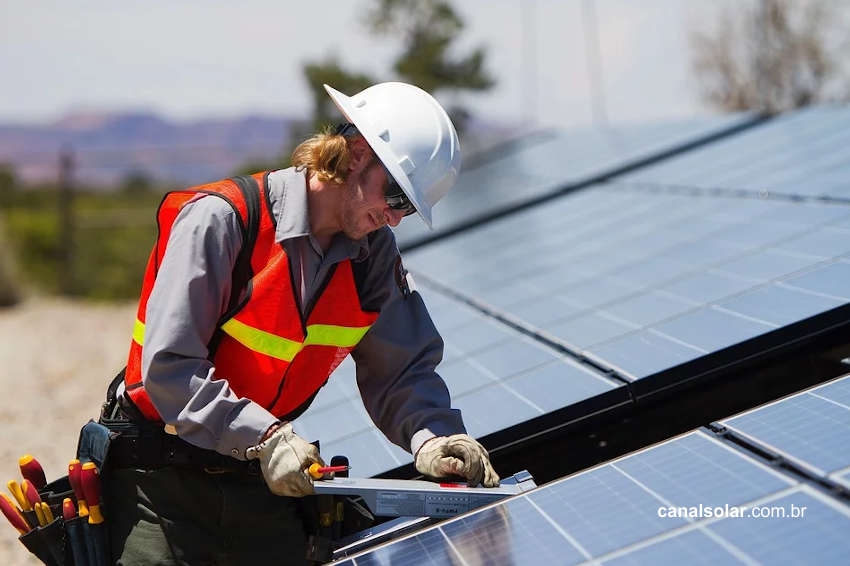Photovoltaic energy has been an increasingly talked about topic, and is becoming an increasingly common form of energy generation in companies and homes. In Brazil, for example, this source should grow by 2029 to around 500%.
However, it is important to know that the development of the project, installation and maintenance of this system are the specific work of professionals qualified in the field of electrical engineering.
“It is extremely important to choose a specialized company, with a technical manager registered with the respective class council. All this so that the client does not have problems with poorly executed services, professionals working without due safety procedures and, mainly, so that the installed system meets the designed parameters with quality and performance expected by the client”, is what Ricardo Martins states. , electrical engineer and advisor to CREA (Regional Engineering and Agronomy Council).
According to Martins, if the photovoltaic system is poorly designed and installed, several problems can occur, “such as lifting and removing panels in windstorms, roofs that cannot support the weight of the system and collapse, short circuits due to poor sizing, panels and cables melting, low energy generation, component overload, risk of fire, among other problems that may arise”, he warns.
In addition to the installation part of the energy system, there is the civil engineering part, as the installation of this material on roofs or slabs requires detailed research into the weight that the structure can support. “The electrical engineer is responsible for studying, sizing, designing and requesting approval from the concessionaire, in accordance with normative decisions by Confea (Federal Council of Engineering and Agronomy) and CREA. The civil engineer is responsible for studying the roofs and fixing systems, ensuring the safety of the installation”, explains Martins.
CREA inspection
According to the engineer, PV generation is a bit complex to monitor, considering that the services are mostly internal to buildings. For this inspection to be effective, CREA has an annual plan, and in 2020 renewable source installations are on the agenda.
“This inspection relies on CREA tax agents. But one of the main allies of inspection is the community, where it can request inspection of a work or service that is being carried out. This request can be made at any CREA unit, simply by calling and providing the requested information. You can also use the CREA-SP application for complaints and consultations from professionals and companies”, he concluded.

















One Response
I would like to know if there is an option for women….